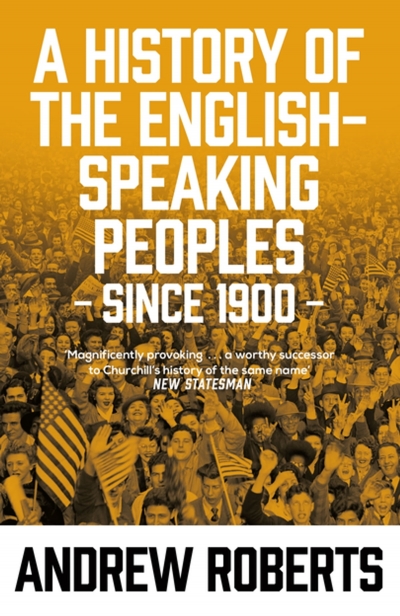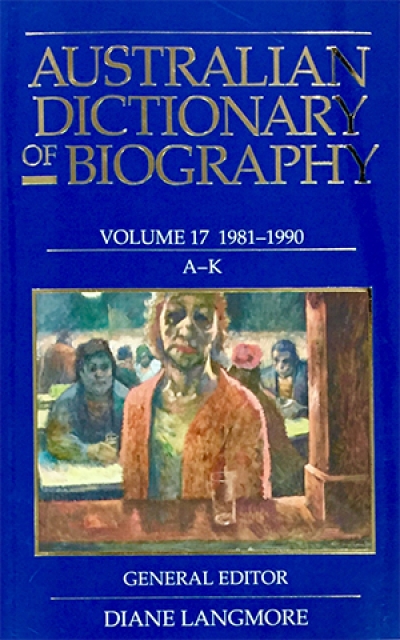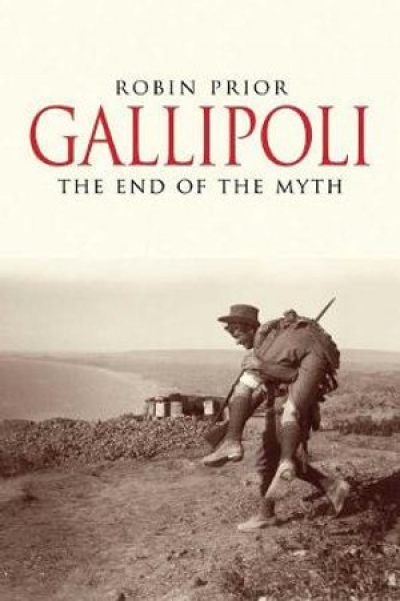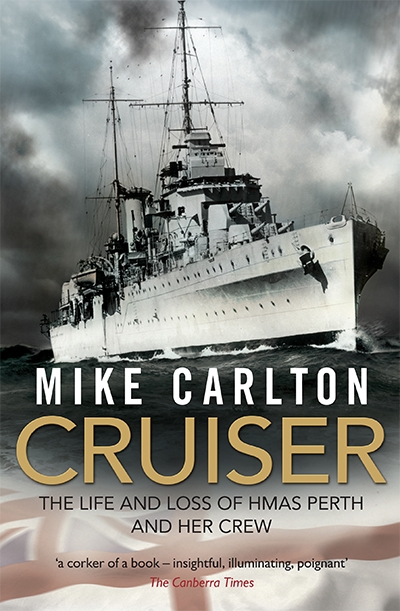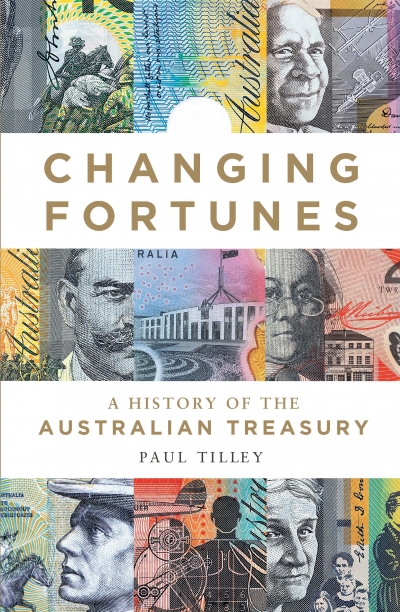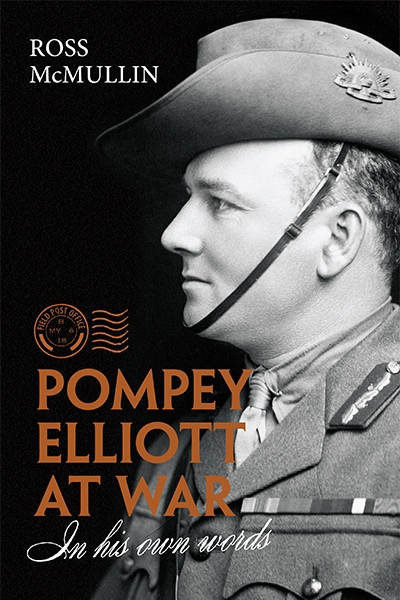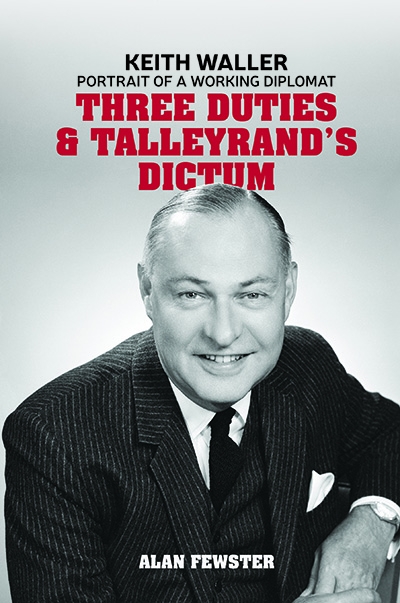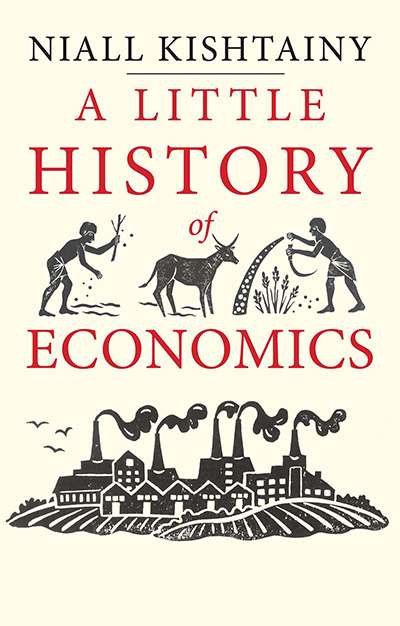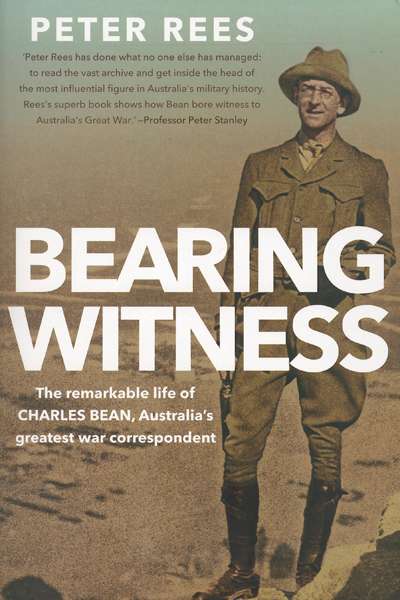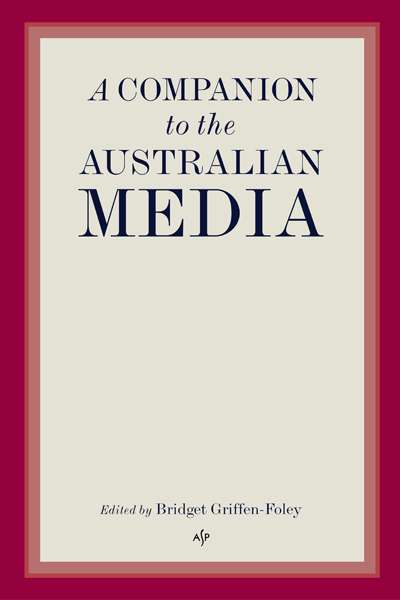Geoffrey Blainey
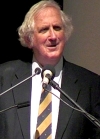
Geoffrey Blainey, a practising historian for some sixty years, has written on Australian and world history. Long attracted to museums, he was deputy chairman of the Whitlam government's Enquiry into Museums and National Collections in 1974–75. Later, he served on the board of the Australian War Memorial for seven years. His book, The Causes of War (1973, 1988), is debated in military academies and in US universities.
This is the latest volume of a reference work which should sit on the shelves of every municipal library. It assesses the lives of people, mostly prominent, who died in the years 1981–90. It lists them in alphabetical order; a further volume will be needed to embrace the 600 or 700 people whose surnames began with the letters L to Z.
... (read more)
Our fascination with Gallipoli is probably at a peak. Like other symbolic events, it rises, falls and rises again in public esteem and curiosity. In the last quarter of a century, beginning when Anzac Day was at a low ebb, books and documentaries about Gallipoli have flooded bookshops and television stations. This new book by Professor Robin Prior, a specialist Australian historian of World War I, ... (read more)
Australian war historians usually find their theme in the army. Mike Carlton, a well-known journalist, thinks it is time to praise the Australian warship Perth and its men: ‘They were the flower of Australia’s greatest generation. No other has been so tested.’
It is fair to suggest that the Perth is virtually unknown to the typical Australian today, and certainly less familiar than her sist ... (read more)
Paul Tilley classes the Treasury, now housed in Canberra, as ‘one of Australia’s great enduring institutions’. It began humbly in 1901, in a smallish stone building that still stands at the corner of Collins and Spring Streets in Melbourne. That handsome structure appears to be just about the correct size for its initial staff of five. Just across the street stands a statue of Sir William Cl ... (read more)
General ‘Pompey’ Elliott was a famous Australian in 1918, half forgotten seventy years later, and is now a national military hero. This Anzac Day he stood high. On French soil he was praised by France’s prime minister, Édouard Philippe, in one of the most mesmerising and sensitive speeches ever offered by a European leader to Australian ears. Probably Elliott now stands just below General S ... (read more)
Keith Waller was one of the top ambassadors in a period when Australia urgently needed them. During the Cold War, he served in Moscow and then Washington, where a skilled resident diplomat could be more important than a visiting prime minister.
As a young arts graduate, he had moved in 1936 from Melbourne to Canberra, where one of his first jobs was working for Billy Hughes, who had been prime mi ... (read more)
For maybe one century the subject called Economics was monarch of the social sciences. Then the Western world was poorer than it is now, and many economists promised to find a pathway towards the abolition of hunger and unemployment. They also hoped to abolish war: the eager ideologies of free trade were believed by their disciples to be long-term recipes for international peace.
This Little Hist ... (read more)
Charles Bean is now seen as one of the classiest journalists and historians Australia has produced. Like many talented historians, he had no prior training in his craft, except as a war correspondent during World War I, when he wrote in the face of daily and nightly dangers such as most war journalists no longer have to confront.
I have the strong impression that when I first tried to be a histor ... (read more)
This impressive collection of knowledge ranges from the history of newspapers and the biographies of radio and television stars to the rise of media owners (the first of whom, Andrew Bent, arrived as a convict in 1812). It covers war reporting, food and sports coverage, children’s radio, blogging and podcasting, and even the life of the radio serial Blue Hills, which ran from 1949 to 1976.
... (read more)

